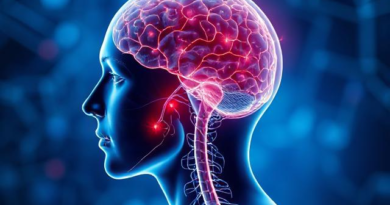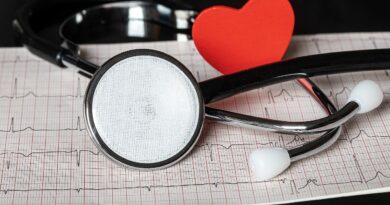You And Your Doctor
A modern physician is one of the most highly trained of all professional men. Before he receives his M.D degree, he must have had five years of medical study in college. Because of the rapid advances in medical knowledge, he must study for the rest of his life. But medicine is not merely a science. It is also an art. A good physician must have a sincere desire to help people. He must have a keen appreciation of their likes and dislikes, of their problems and environments. He must be able to treat each patient as an individual.
What Kind Of Doctor Do You Need?
New medical discoveries are now made at such a rapid rate that it is necessary for some doctors to become specialists. By specializing, they can have a detailed knowledge of a certain field and keep abreast of it. In doing so, however, they are bound to lose touch with discoveries in other fields. Therefore, the general practitioner, or family doctor, as he is also known, is the logical doctor to turn to first in an illness. He may then indicate whether or not a specialist is necessary.
How To Find A Doctor?
If you have no regular family doctor, by all means, get one now, before illness strikes. Your city or county medical society will help you find one if you are new in a community. Many cities also have doctors’ telephone exchanges, working on a 24-hour basis, which can send you a doctor in an emergency. Your telephone operator will connect you with the exchange in an emergency. In the country, the rural telephone operator can help you find medical care when the need is urgent.
In case of extreme emergency, and you cannot reach your doctor immediately, the patient should be taken to the nearest hospital emergency room. It may be advisable to call the police for help and possible rescue squad or ambulance service. With the aid of life-saving equipment and medication in the emergency room, the patient will receive care until the doctor can be reached.
When To Call Your Doctor?
You should think seriously before you call your doctor. He should not be disturbed for slight colds or occasional headaches, which probably can be taken care of by rest. Common sense should be your main guide, but here a few danger signals that should mean an immediate telephone call your doctor.
- High fever: temperature of 103 degrees F or over
- Unusually rapid breathing or shortness of breath, especially with choking or coughing up of blood
- Loss of consciousness, with or without convulsion
- Severe pain anywhere, especially under the breastbone or in the abdomen
- Continued vomiting, especially if vomited material contains blood or looks like coffee grounds
- Severe diarrhea, especially if stools contain blood or look black
- Blood in urine; inability to pass urine
- Chronic cough, lasting more than a week
- Night sweats
- Loss of appetite and weight
- Unusual fatigue
- Continuous fatigue
- Any skin lesion that is slow to heal, and any lump of unknown cause
- Overweight, especially rapid gain in weight




